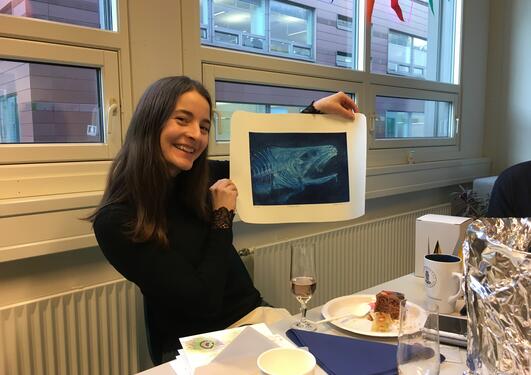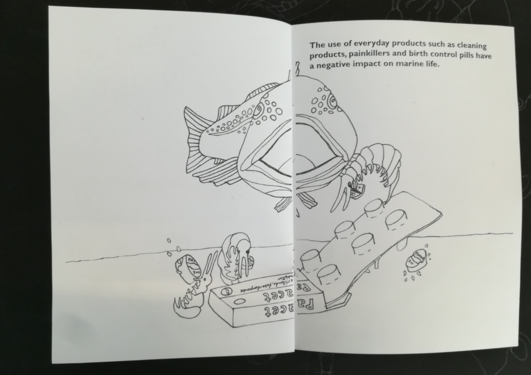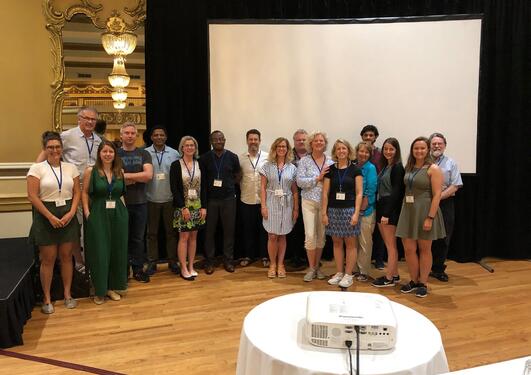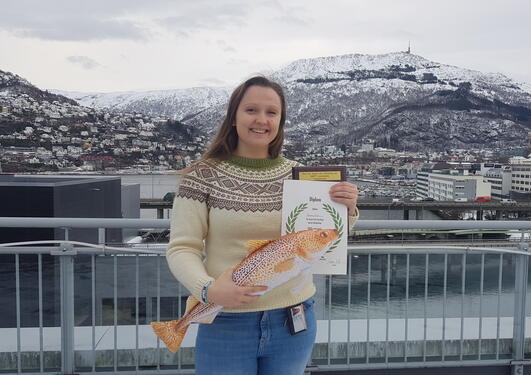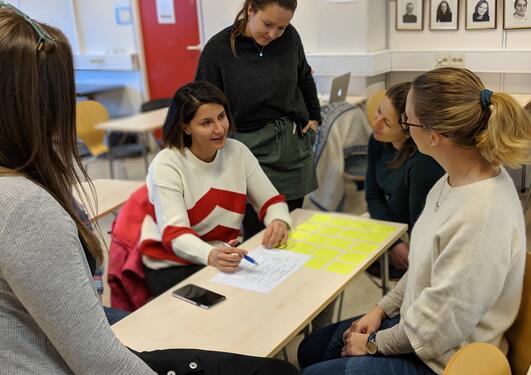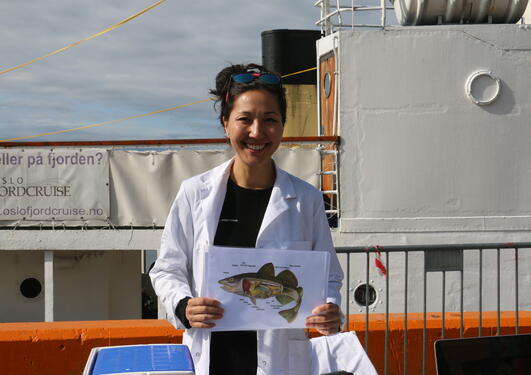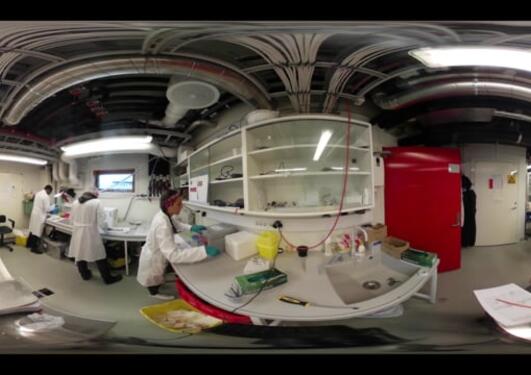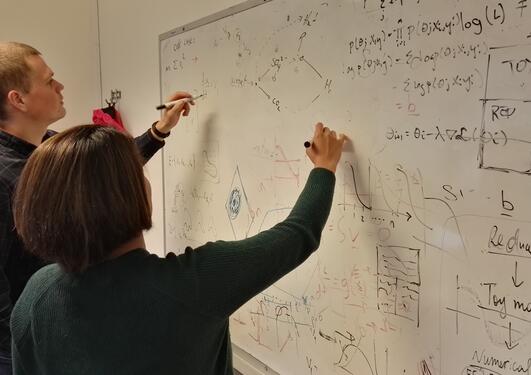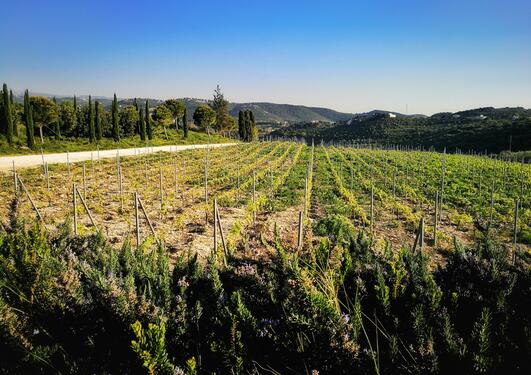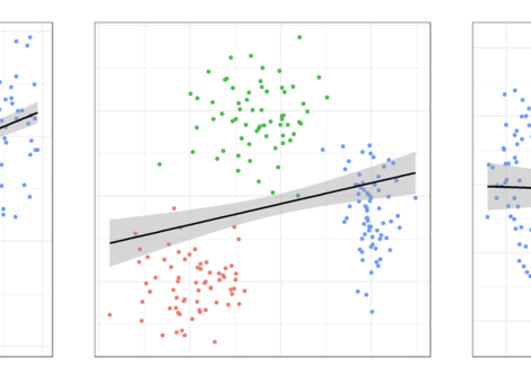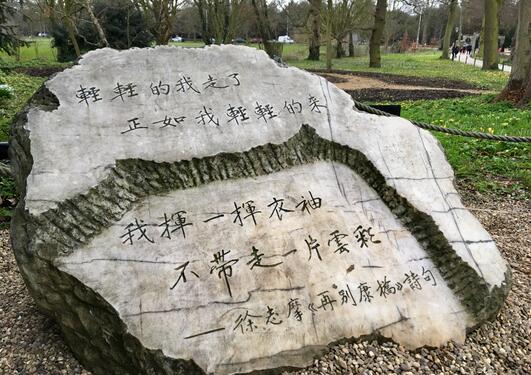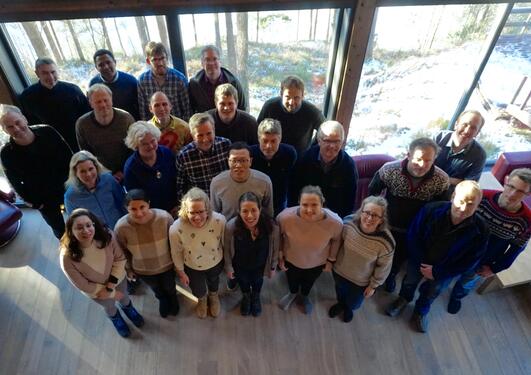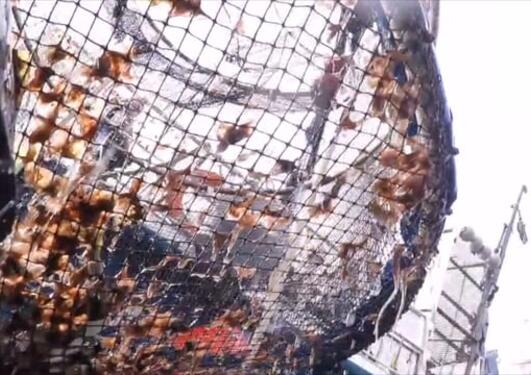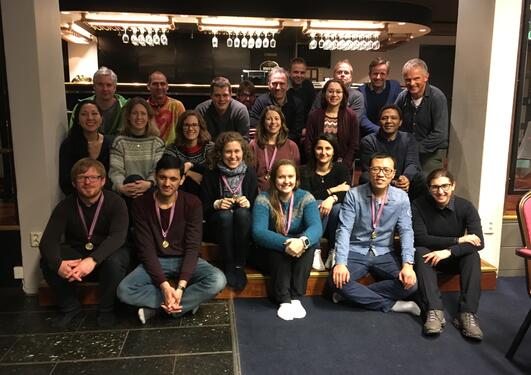News archive for dCod 1.0: Decoding the systems toxicology of Atlantic cod
In order to promote cross-disciplinarity and cross-project activities within the centre, Centre for digital life Norway offers financial support for method collaborations and workshops. dCod 1.0 has received funding for several activities. Read about our experiences in the linked blog posts.
In her master thesis, Christine Tveiten Johansen, has studied how bisphenol compounds activate or inhibit estrogen receptor in Atlantic cod. She shows disturbing results of the substitute compounds can be more harmful that the known plastic additive bisphenol A.
During the last months I have been thinking about how to communicate my PhD project to the general public. As a scientist, I explain my work with graphs and figures. But a figure which is easy to understand to my colleagues or peer reviewers, will find it hard to attract the attention of someone outside science.
The dCod 1.0 project puts its marks on successful PRIMO 20 in Charleston, South Carolina
The dCod project has been gathered at Beitostølen for the annual winter workshop. Following the workshop, many of us stayed on for the winter meeting of Norsk selskap for Toksikologi og Farmakologi (NSFT), where Karina Dale received award for best presentation in toxicology.
In 2014, I moved from Iran to Norway to start a master program in applied mathematics in University of Oslo. I did not know a single Norwegian word and was not familiar with the culture. On my first day, I took a bus from Sarpsborg to Oslo which took about one and half hours. On the bus, people barely talked, and if they talked I did not understand Norwegian. At that time, I was thinking about... Read more
Issues concerning “animal welfare” and “animal care” constitute a significant portion of both public debate and biological studies. Whereas the first concept is dealing with the well-being of animals, “animal care” comprises the activities conducted that can affects the animal welfare, while an animal is used in research, testing, and production. In our project “dCod 1.0: decoding systems... Read more
Visit the dCod-lab in a 360 film above. Have a look while we explain why atlantic cod liver is important for science.
When starting my work in the dCod project I had very limited biological knowledge. My background was mostly in applied mathematics, where applied usually refers to something related to physics. Physics, the field of conservation laws, well-studied phenomena and exact equations. And then I now found myself in the situation where I was supposed to do modeling in biology. Biology, a field I had... Read more
Women are given a special mission of carrying life in its early and most vulnerable stages. Pregnancy, giving birth, breast-feeding, child care and everything that accompanies them are a normal part of life. Nature has decided that we are in our most fruitful age at the same time as we build our careers. Do we have to choose or is it possible to have it all? Global development is depending on... Read more
I remember reading the following sentence in the announcement of my current post-doc position as part of the dCod project: “The work will involve close collaboration with research groups both from biology and from mathematics”. I thought it was an interesting ambition, but I wasn’t sure how close would this collaboration be and how would it be organized. I guess the scheduled biweekly dCod... Read more
Understanding the structure and relationships of biomolecules is important for discovering new medicines and materials. Three-dimensional bimolecular structures are often geometrically complex making it difficult to predict functional properties of molecules based on their structures. Recently, the new field of topological data analysis has shown some promise in improving the prediction of... Read more
Every Chinese child knows the story of “Kong Rong giving up pears”. In this story, the four-year-old Kong Rong gave up the larger pears to his older and younger brothers. This narrative is used in elementary education to teach the children to be aware of the value of sharing. As scientists, we know the art of sharing even better, and we’re sharing something more important than pears: we share... Read more
With cakes, champagne and balloons, we have celebrated five master students this fall.
All of the students have done a good job – and we wish them the best of luck!
The first workshop in the dCod 1.0 project was organized at Voss during a busy December month. 22 participants from all Norwegian partners participated in discussions, cross-disciplinary crash courses, and teambuilding.

